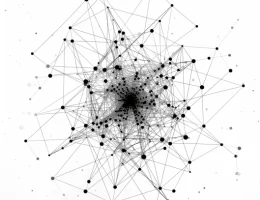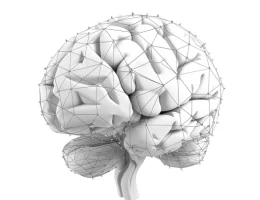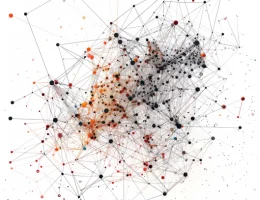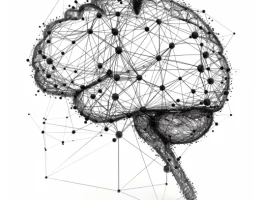Psychometrics, a specialized branch within psychology, is dedicated to the theory and methodology of psychological measurement. This discipline encompasses the development and refinement of testing instruments, measurement techniques, and assessment procedures aimed at quantifying latent psychological constructs—attributes not directly observable but inferable through systematic analysis. Such constructs include intelligence, personality …










